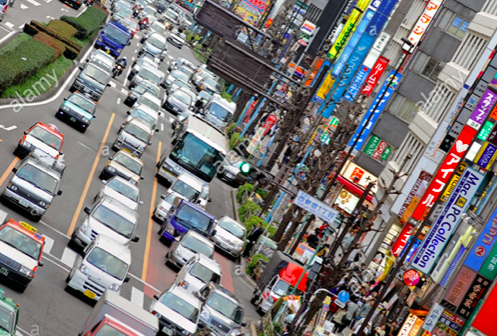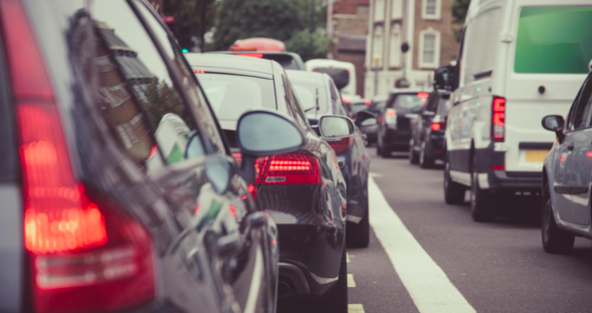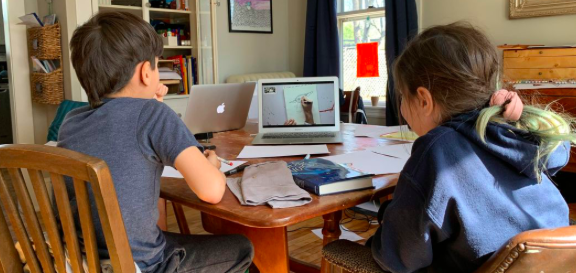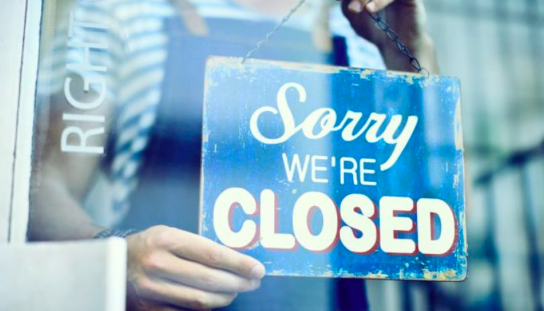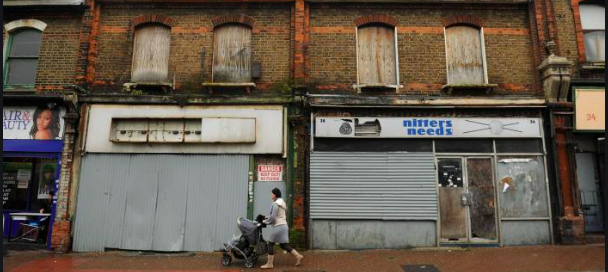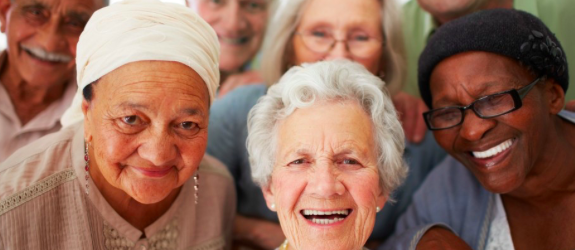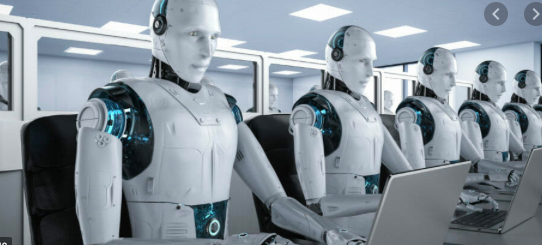THREAD However long the #COVID19 crisis will take here are a few thoughts on things that are likely to change as a result of the crisis and the response by governments. It& #39;s a proverbial crystal ball. Tell me what I have missed and where you disagree. Hivemind, do your thing
1. Here-shoring. The risk of long supply chains which break down when borders close or countries get sealed off will see a lot of production return home or close to home. Governments will also look afresh at what now constitutes a national security risk eg paracetamol production
2. Street-clogging. With delivery services a key means to get food to people, we will likely see more firms enter this market - ie e-scooter and taxi companies pivoting - but also more delivery vans on the roads, which will probably stay after the current crisis.
3. Foodtasia. The idea that we are reliant on other people - tomato pickers in Spain, pasta makers in Italy let alone shrimp farmers in Thailand - has taken a knock and we will likely see more national, local and even personal food production.
4. Noffice. This will mean an excess of office capacity and we are likely to see a shrinkage in office requirements and a resultant crash in parts of the property market eg co-working spaces, property lenders, property owners etc.
5. Heating up. Everyone working from home will see more energy consumption throughout the day which in turn may lead to more focus on tariffs, green energy, insulation in houses etc.
6. Look at me Mum, no hands. We will likely see enormous investment in making everything we come into contact with hands-free - doors, lifts, you name it. That means a lot of investment in sensors, replacement work etc.
7. Sure you’re hot, but are you COVID-free?. We will want to know more about the health status of those we meet. This will start with COVID19, but it is easy to see how a portable and shareable form of health ID will be needed to enter buildings/cafes/restaurants or go on date
8. Staycations. When we are let out, many people will go travelling but many others will probably vacation closer to home, be more weary of adventurous travel and always ensure they can get home quickly. So staycations will likely increase.
9. Carszania. With public transport seen as a potential risk, and sharing assets a problem due to contagion on physical objects, more people will see the merit in owning their own cars or biking around.
10. School of Mum & Dad. Many parents can’t wait to stop having to teach their kids, but others will enjoy the time together and it’s easy to see how we will see an increase in home teaching and an increase in resources for the purpose. That may mean smaller schools and classes
11. Fewer self-employed people. We don& #39;t yet know what governments will do for the self-employed, but the trend we have seen of recent years - of ever increasing self employed people - will slow as the risk/reward calculation takes a hit.
12. Domestic bliss? With more people at home, families will get together. But we are also likely to see rises in domestic violence, divorces and mental health challenges.
13. Retail rot. If we work/socialise more from home, will that decimate the retail clothing sector, salons, nail bars. cinemas and theatres - will we think that gathering together to watch entertainment is too risky?
14. Old people first. We have started to see some European supermarkets reserve certain products for the elderly and vulnerable. Expect this to become a broader trend. Maybe this might extend to pricing plans for services. Age has is now the most significant demographic divider
15. But how does it make you feel? As govts become more accustomed to using digital channels to communicate with citizens, and policy decisions get hairier in the recovery period, census-data driven sampling of unstructured sentiment data will be used to inform policy decisions
16. Work(out) from home. Consumers turn cold on the gymnasium arms race, and aspiring celebrity trainers with digital followings take advantage of the new willingness to exercise from home or with friends in public places
17. Key workers are key. The segmentation of different responsibilities and entitlements to ‘key workers’ (inc right to access shops at certain times, for children to attend school) has been significant. Expect this segmentation to continue esp with respect to health, police etc
18. Dehumanization. As part of that we are likely to want to remove humans - the greatest viral threat - from as much of our supply chain as possible, so expect automation and robotisation to be given a big boost.
19. Misadventure funding . There will also, at least for the medium term, be less money for venture investment as LPs will deal with the hit to their portfolios with the stock markets crashing. https://sifted.eu/articles/startup-fundraising-coronavirus/">https://sifted.eu/articles/...

 Read on Twitter
Read on Twitter

